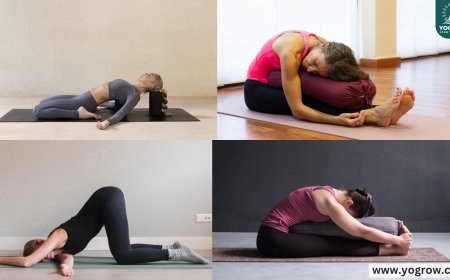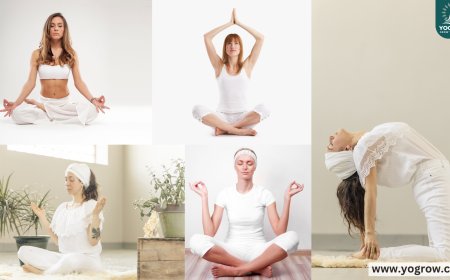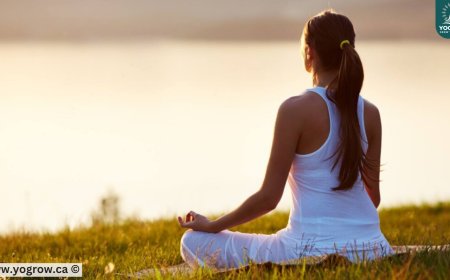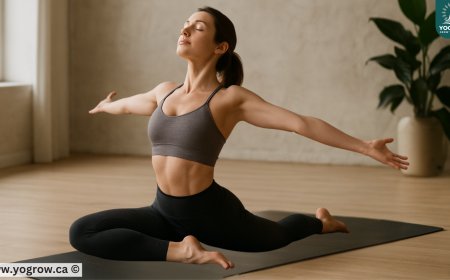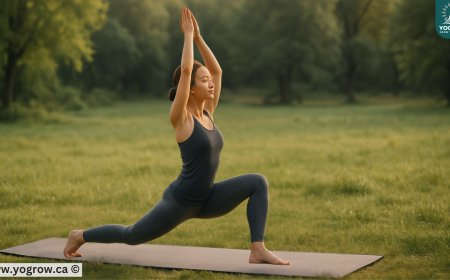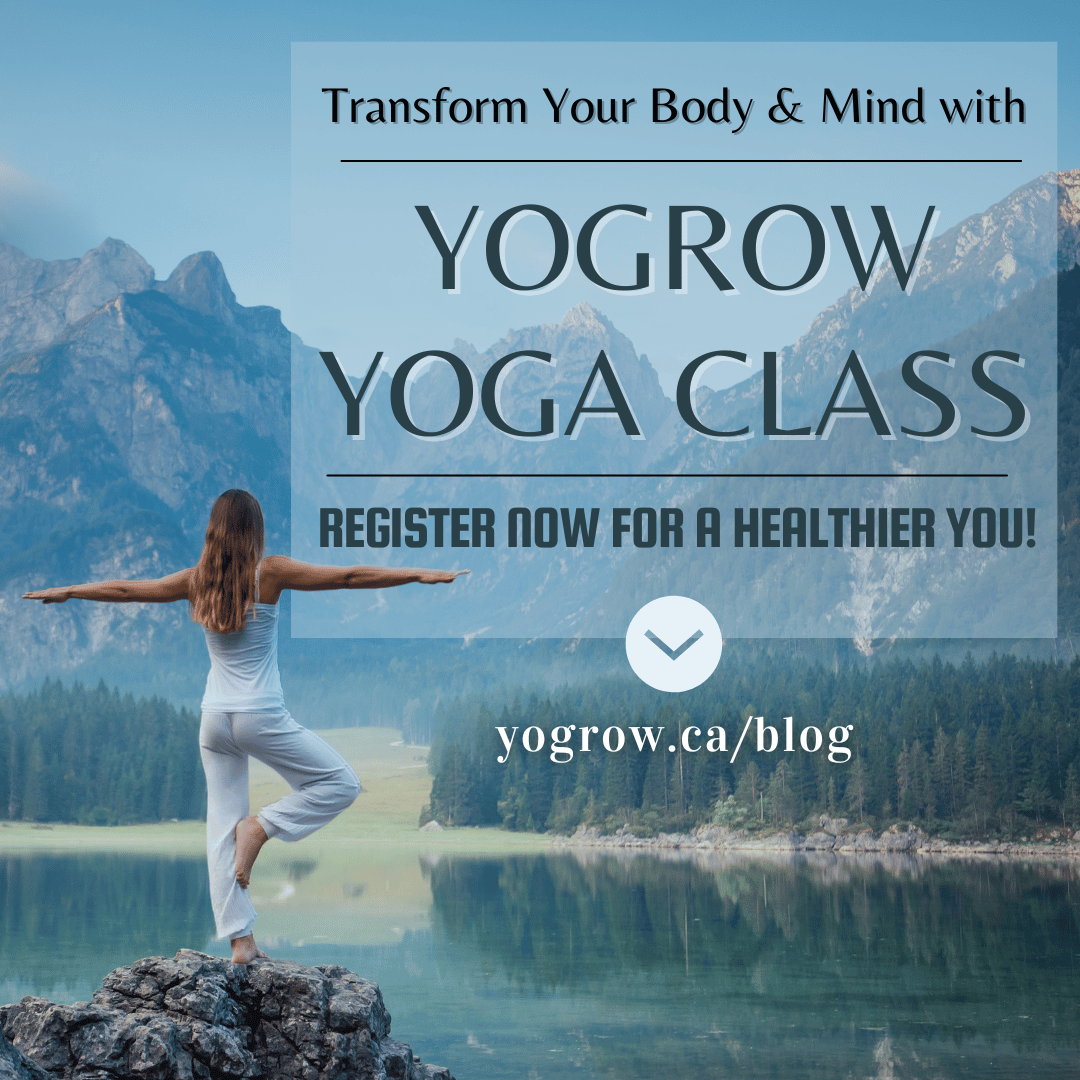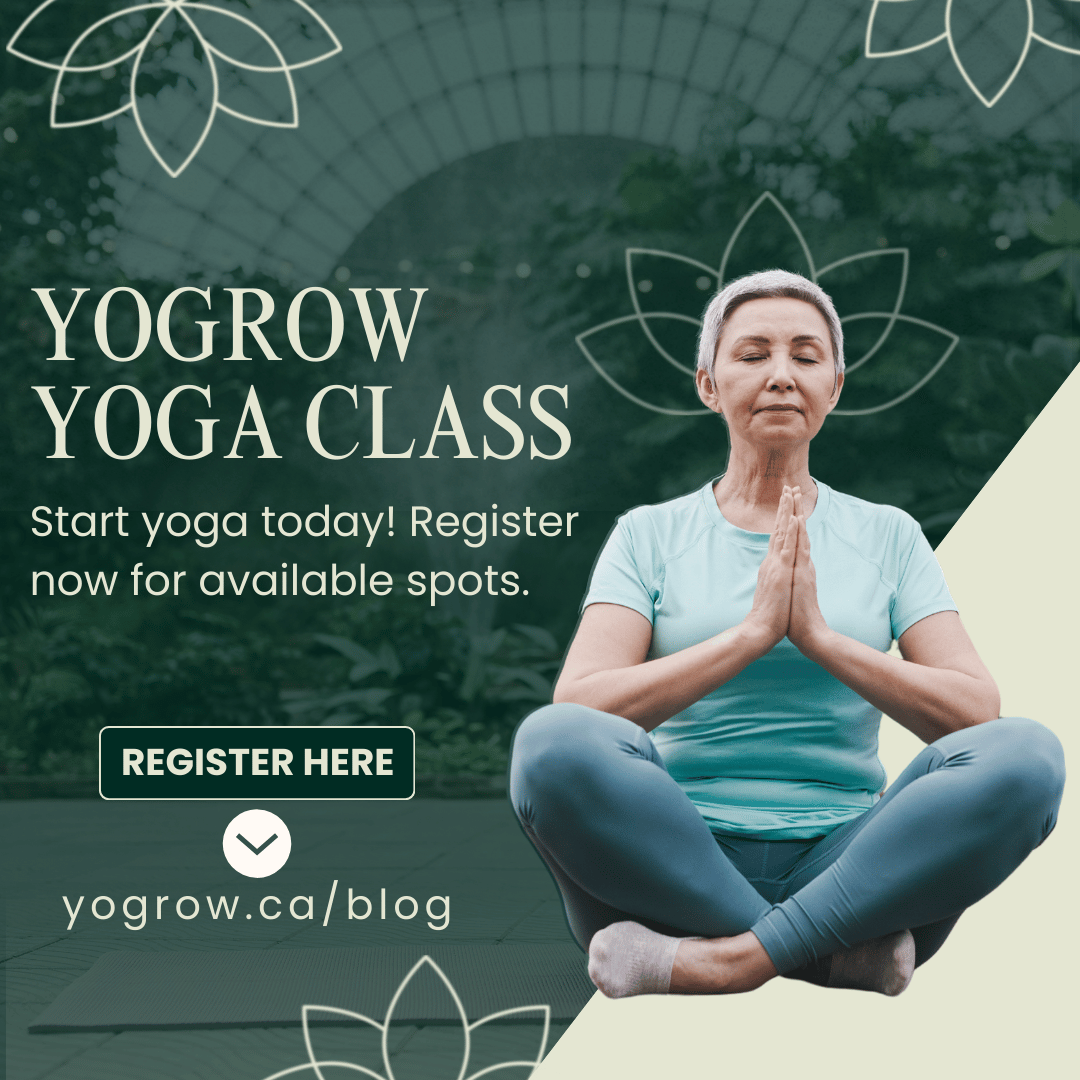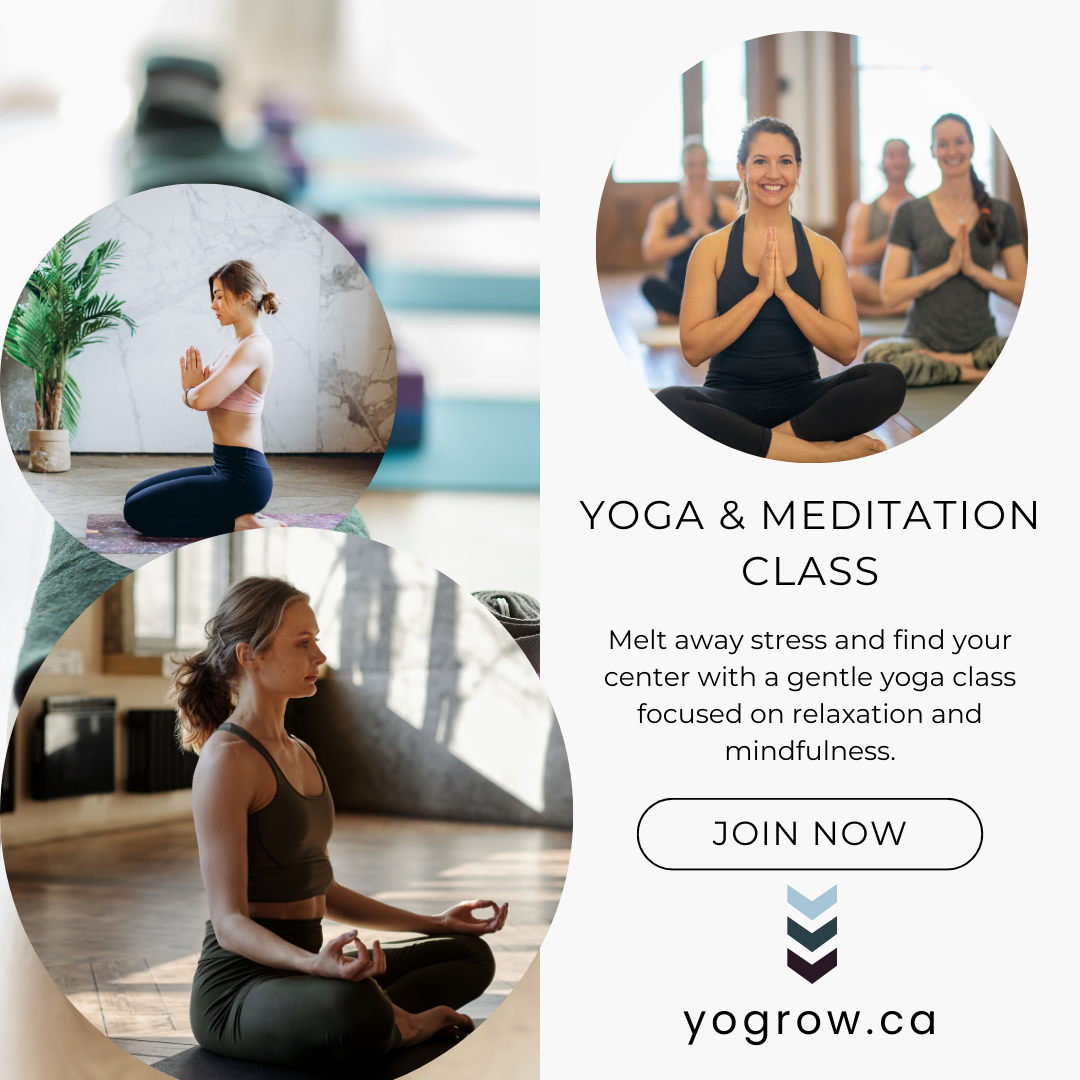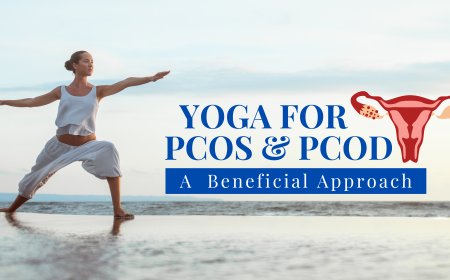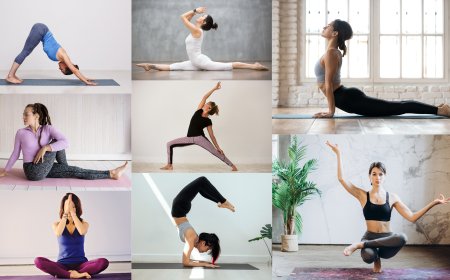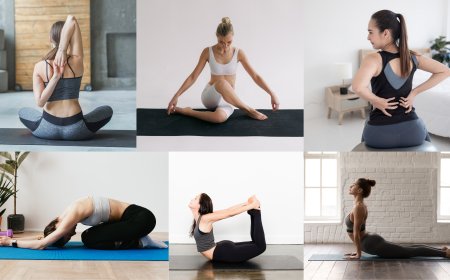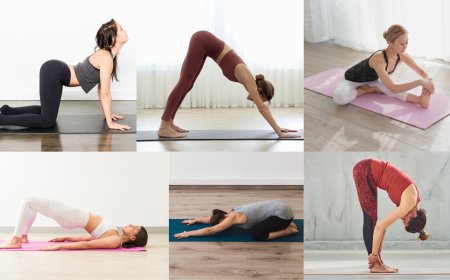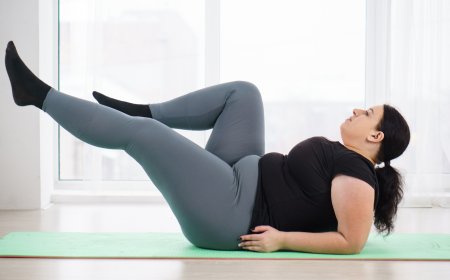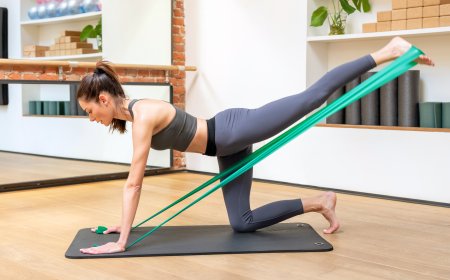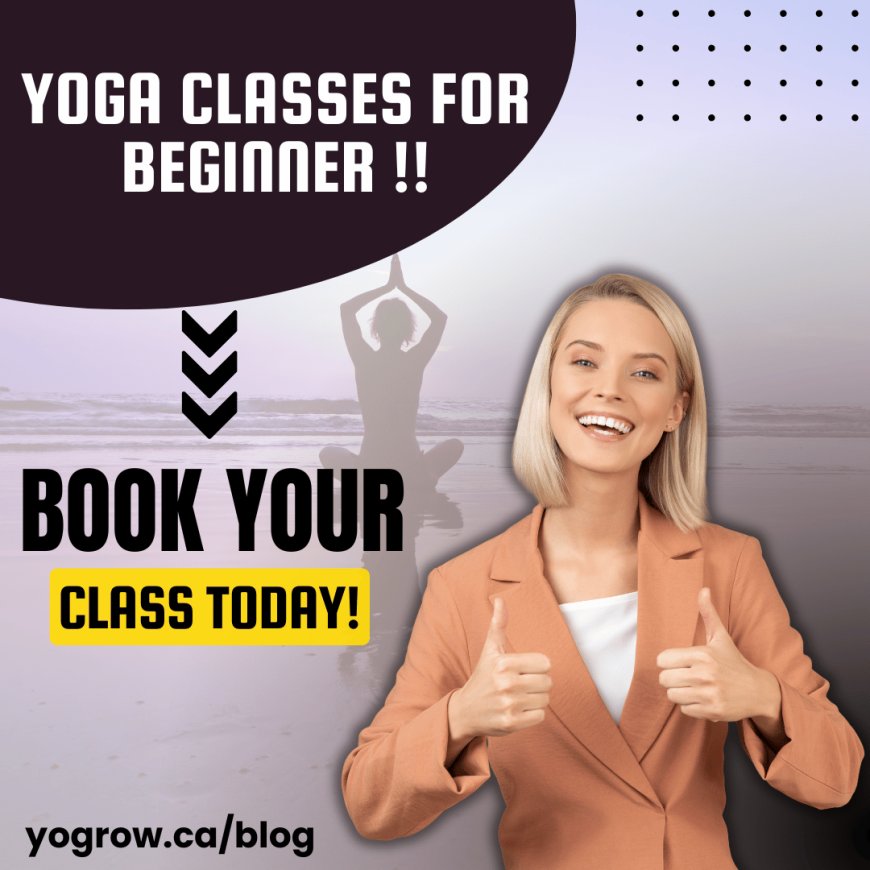Yoga vs. Meditation: Unlocking Their Unique Benefits
Discover the key differences between yoga and meditation. Learn their unique benefits for mind and body to choose the best practice for your wellness journey.
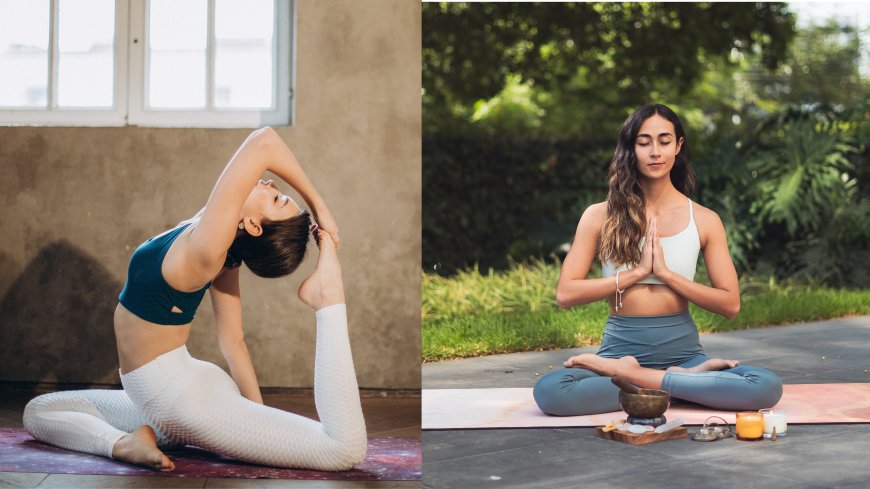
In today’s fast-paced world, many people turn to yoga and meditation to improve their physical and mental well-being. While these practices are often mentioned together, they are fundamentally different in their approach and benefits. Understanding these differences can help individuals choose the right practice for their lifestyle and goals.
Significance of Yoga and Meditation
Both yoga and meditation have deep roots in ancient traditions, yet they serve unique purposes. Below, we explore the significance of each practice and how they contribute to overall well-being.
1. Physical Health Benefits (Yoga vs. Meditation)
Yoga involves a combination of physical postures, breath control, and movement that enhance flexibility, strength, and balance. It is often recommended for improving cardiovascular health, reducing chronic pain, and boosting energy levels. On the other hand, meditation focuses on stillness and mental clarity, helping to lower blood pressure, reduce stress hormones, and improve sleep quality.
2. Mental and Emotional Well-being
Meditation is primarily focused on training the mind to achieve a state of deep relaxation and mindfulness. Regular practice reduces anxiety, enhances concentration, and fosters emotional resilience. Yoga, while also beneficial for mental health, incorporates movement that can serve as an active stress reliever, promoting emotional balance through physical engagement.
3. Spiritual and Philosophical Roots
Both yoga and meditation originate from ancient spiritual traditions, particularly in Hinduism and Buddhism. Yoga, traditionally a path to self-realization, includes ethical guidelines, breath control, and postures to prepare for meditation. Meditation, in contrast, is a central practice in many spiritual traditions aimed at achieving enlightenment, self-awareness, or inner peace.
4. Accessibility and Suitability
Yoga requires some level of physical movement and flexibility, making it more suited for those looking for an active practice. Meditation, on the other hand, is accessible to almost everyone, as it primarily involves mindfulness and focused attention, requiring no physical exertion.
5. Practical Applications in Daily Life
Both yoga and meditation can be integrated into daily routines to enhance productivity and well-being. Yoga helps improve posture and reduces physical discomfort, especially for individuals with sedentary lifestyles. Meditation aids in managing stress, improving decision-making, and fostering mindfulness in everyday interactions.
FAQs
1. Can I practice both yoga and meditation?
Yes, yoga and meditation complement each other. Many yoga practices incorporate meditation techniques to enhance relaxation and mindfulness.
2. Which is better for stress relief, yoga or meditation?
Both practices help manage stress, but meditation is particularly effective in calming the mind, while yoga provides physical movement that can also reduce tension.
3. Do I need special equipment for yoga or meditation?
Yoga may require a mat and comfortable clothing, while meditation can be done anywhere with minimal or no equipment.
4. How much time should I spend on yoga or meditation daily?
Even 10-15 minutes of daily practice can provide significant benefits. Advanced practitioners may engage in longer sessions based on their goals.
5. Can meditation replace physical exercise?
No, meditation is not a substitute for physical exercise, but it enhances mental clarity and emotional well-being, which can support an active lifestyle.
Conclusion & Call-to-Action
Yoga and meditation each offer unique benefits, making them valuable tools for a balanced and healthy life. Whether you seek physical fitness, mental clarity, or spiritual growth, incorporating one or both practices into your routine can be transformative. Start your journey today—try a yoga session, practice a few minutes of meditation, and discover what works best for you!
What's Your Reaction?
 Like
0
Like
0
 Dislike
0
Dislike
0
 Love
0
Love
0
 Funny
0
Funny
0
 Angry
0
Angry
0
 Sad
0
Sad
0
 Wow
0
Wow
0
